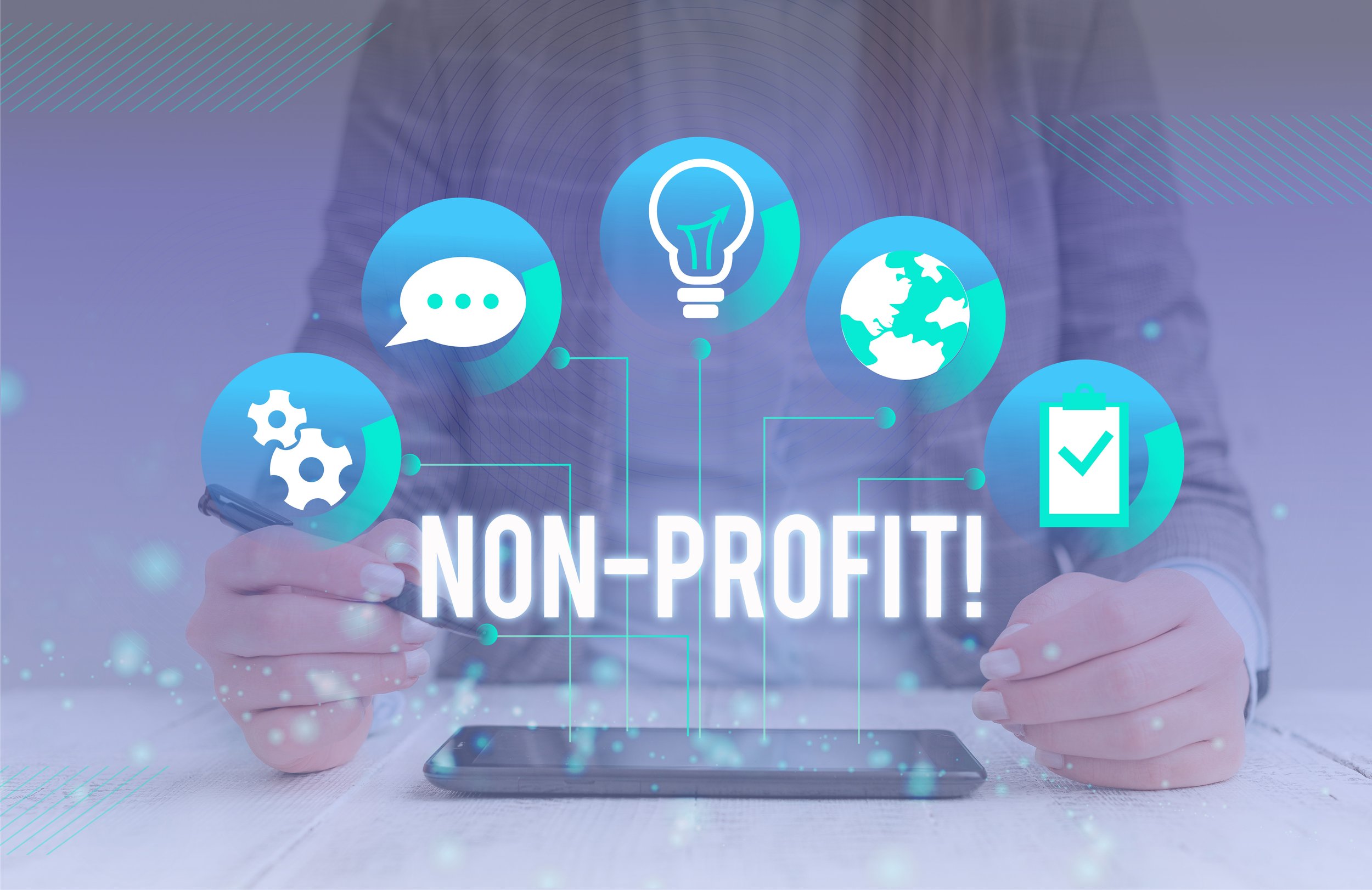What I Learned from the CNP Program
Last Saturday, I completed the course work for the Nonprofit Leadership Alliance Certified Nonprofit Professional (CNP) credential -- which focuses solely on 501c3 organizations -- by successfully passing the exam. I became interested in this credential when I saw a colleague’s post on LinkedIn about her accomplishment of earning their Advanced CNP credential.
Recently, I started talking with CAEs about their opinion regarding a tiered CAE program as I think this is a way to continue elevating our profession. In order to get more experience in this area of tiered programs, I reached out to the Nonprofit Leadership Alliance and learned more about their program. My plan was to participate in their program, see how it works, learn more about the 501c3 specific information we need to know (which is a great bookend to the CAE designation that focuses on c6 and c4), and to get some insight into tiered programs.
My first question was, “Does the CAE count towards the first tier of learning for the Advanced CNP?” The reply was “Great question, but no.” So, I signed up for their accelerated course for experienced nonprofit professionals. This option, which is completely self-guided by the candidate, is a 90-day timeline to complete the online course and includes two exam attempts. I was really pleased to pass on my first attempt (although to be completely prepared I did a 100-question practice test the day before). The exam is online and also self-guided; the candidate decides when to take it during the 90-day time period. You find out immediately if you pass and you get your test score. To pass the CNP, you must get a 76% minimum score.
Post-exam, the follow up includes submitting information about attending at least one conference focused on nonprofit management within the last two years, or you must attend one, and then report back to the Nonprofit Leadership Alliance. This is similar to the CAE requirements of 100 hours of continuing education to submit your exam application.
When it comes to ongoing professional development, I like to model the behavior I advocate to others: keep learning, keep striving, keep sharing what you know. With the work we do with The 501c League education program, taking continuing education courses and earning additional certifications makes me a better mentor and facilitator to those in our profession. It also confirms the broad themes in the learning we share: pay attention to the question asked, don’t go too fast or you will miss something, and don’t second guess yourself (and this can be applied to the rest of life, not just exams!)
Continuing to reinforce the experience of learning is vital to all of us that mentor, facilitate, and educate our colleagues in the profession, no matter our subject area. Developing ourselves continuously elevates us as individuals and as a profession.
I was also reminded of something that I often talk about which is this: ALL 501c organizations are nonprofit. It’s what type of nonprofit (as designated by the number after the c) that defines what sort of work the organization does, how it governs, and how it advocates.
In the end, the most important thing that this program reinforced for me is that we are all 501c. We should focus on our commonalities and work together to promote the important work that nonprofit management executives do.


